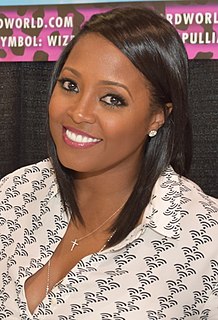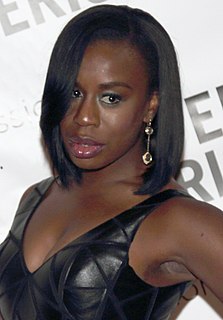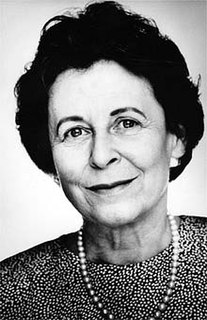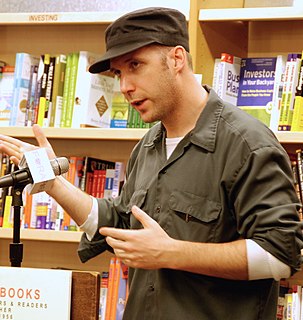A Quote by Keshia Knight Pulliam
To me, it's about good work, a good story, and tastefully done. There's so many stigmas - oh, you're on the small screen or you do films or you do reality. It's about the project and not the medium on which it's delivered. It's the story you tell, period.
Related Quotes
Too many writers think that all you need to do is write well-but that's only part of what a good book is. Above all, a good book tells a good story. Focus on the story first. Ask yourself, 'Will other people find this story so interesting that they will tell others about it?' Remember: A bestselling book usually follows a simple rule, 'It's a wonderful story, wonderfully told'; not, 'It's a wonderfully told story.'
I think that people have to have a story. When you tell a story, most people are not good storytellers because they think it's about them. You have to make your story, whatever story it is you're telling, their story. So you have to get good at telling a story so they can identify themselves in your story.
I know a good story from a bad story. But when you have a really good story and they make it bad, I'll say to my wife, "Oh, tonight, I'm going to enjoy watching television because I did great, and wait until you see this." And then, they put it on and it's like - oh, that's not so good. They are fake news.
Alison [McGhee] and I have known each other since the summer of 2001. One evening we were sitting around talking about how we wished we had a good story to work on. Alison said: Why don't we work on a story together? I said: A story about what? And Alison said: A story about a short girl and a tall girl.
At Pixar, I don't have to compromise at all. When I look at the finished "Toy Story 3," I don't sit and constantly think, oh, the actor was having a bad day, or oh, it rained and we couldn't use that set. The story that I wanted to tell is what is on screen, and I haven't had to compromise it one iota.
Among all the complaints you hear these days about the crimes of the media, it seems to me the critics miss the big one. It is that especially TV, but also we of the print press, tend to reduce mess and complexity and ambiguity to a simple story line that doesn't reflect reality so much as it distorts it. ... What bothers me about the journalistic tendency to reduce unmanageable reality to self-contained, movielike little dramas is not just that we falsify when we do this. It is also that we really miss the good story.
I get up in front of a bunch of kids and say 'Hey, I'm gonna tell you a new story. Who wants to be in a new story?' Well some kid always sticks up their hand and that gives me a name, but it doesn't give me a story. I just say whatever comes to my mind and usually it's not that good. Every once in a while, however, I say something that turns into a really good story.




































